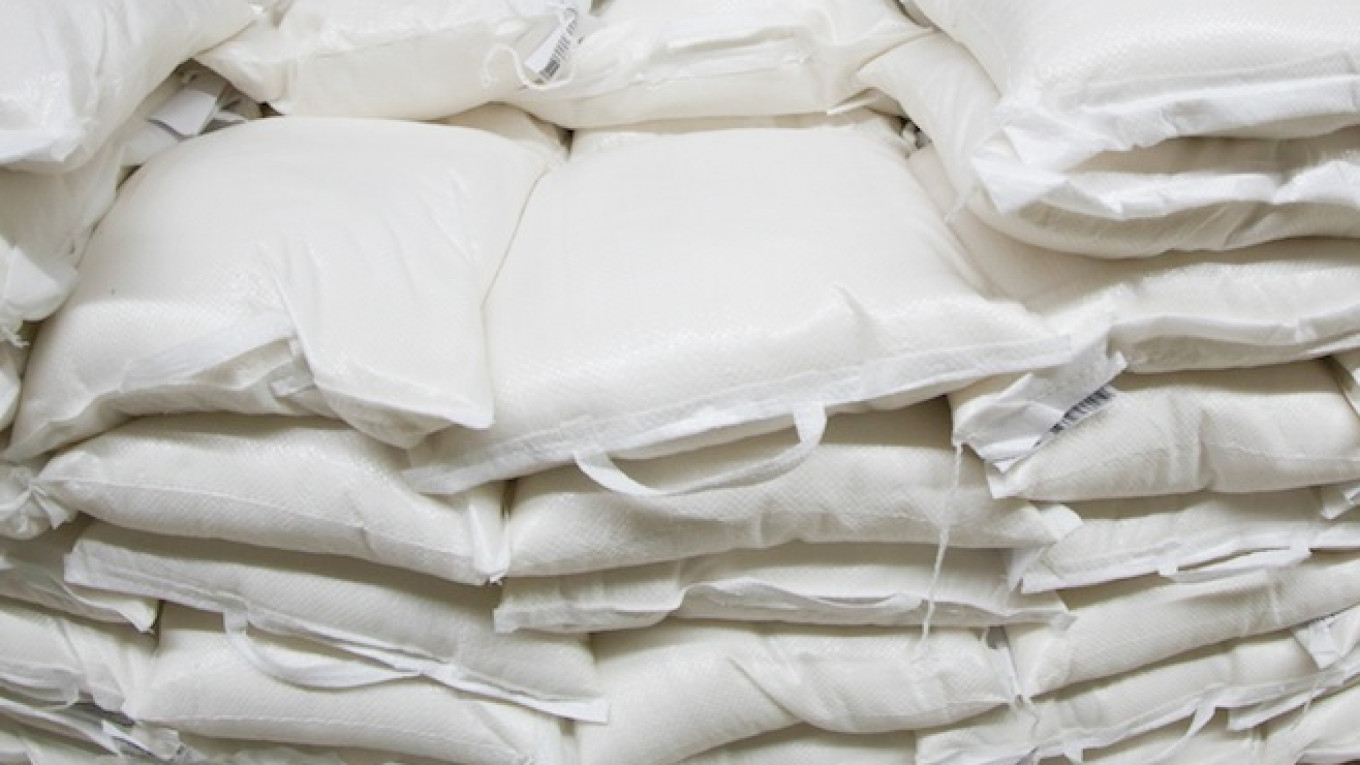А resident of the southern Russian city of Yessentuki lived with his dead mother for three years, treating her corpse with salt to slow its decomposition, the Stavropol regional branch of the Investigative Committee said Monday in an online statement.
The man, 60, said he had not buried the woman because he loved her and had not wanted to part ways, the statement said.
In the meantime, he continued claiming her monthly pension payments of 16,000 rubles ($254), the statement added.
The man worked as a salesman at a sex shop, the LifeNews sensationalist news agency reported.
Police also found a mummy in an attic in central St. Petersburg on Saturday, local news website Konkretno.ru reported Monday, citing the Operativnoye Prikrytiye news agency.
Preliminary evidence suggests the 160-centimeter-tall mummy, which was dressed in woolen stockings, slippers and a blue coat, is a woman, the report said.
In Russia's most infamous and macabre tale of mummies in recent years, police in Nizhny Novgorod in 2011 found more than two dozen mummies in the home of a man considered to be the city's expert on cemeteries.
The man — who became known in the media as “the doll maker” — had dug up the 29 bodies from a local cemetery and dressed them in brightly colored women's clothing to put them on display.
The historian, who reportedly spoke 13 languages and was a well-known academic, was sent to a psychiatric hospital.
A Message from The Moscow Times:
Dear readers,
We are facing unprecedented challenges. Russia's Prosecutor General's Office has designated The Moscow Times as an "undesirable" organization, criminalizing our work and putting our staff at risk of prosecution. This follows our earlier unjust labeling as a "foreign agent."
These actions are direct attempts to silence independent journalism in Russia. The authorities claim our work "discredits the decisions of the Russian leadership." We see things differently: we strive to provide accurate, unbiased reporting on Russia.
We, the journalists of The Moscow Times, refuse to be silenced. But to continue our work, we need your help.
Your support, no matter how small, makes a world of difference. If you can, please support us monthly starting from just $2. It's quick to set up, and every contribution makes a significant impact.
By supporting The Moscow Times, you're defending open, independent journalism in the face of repression. Thank you for standing with us.
Remind me later.






